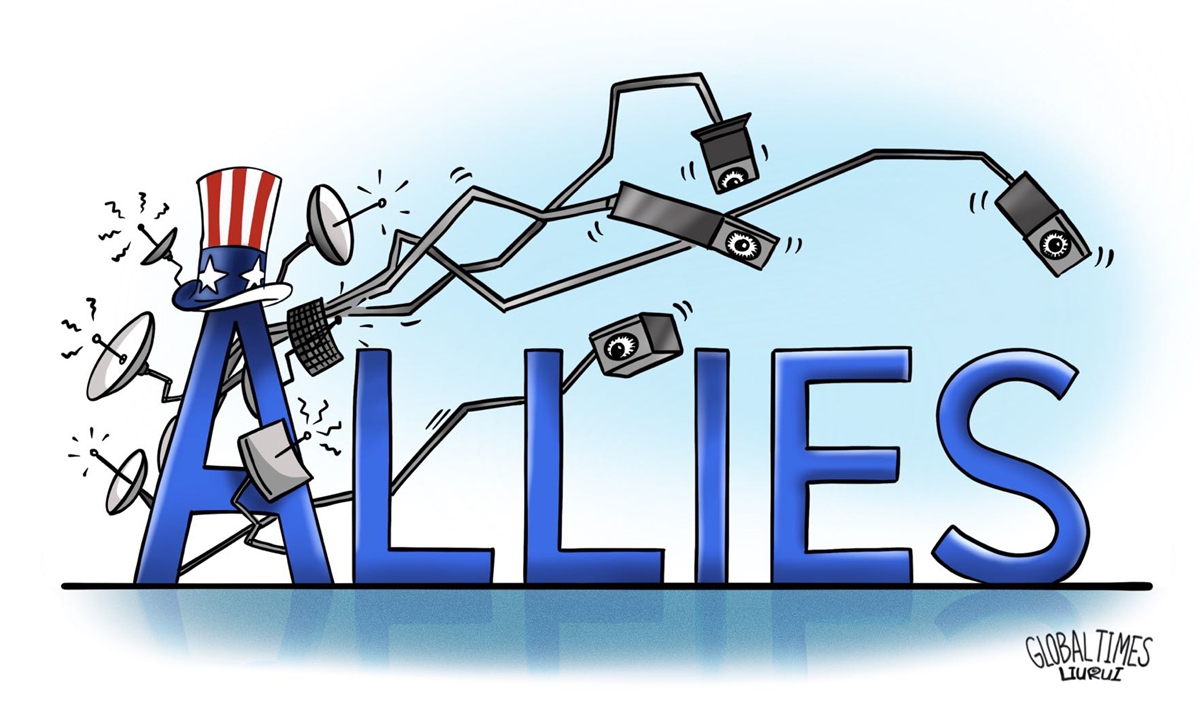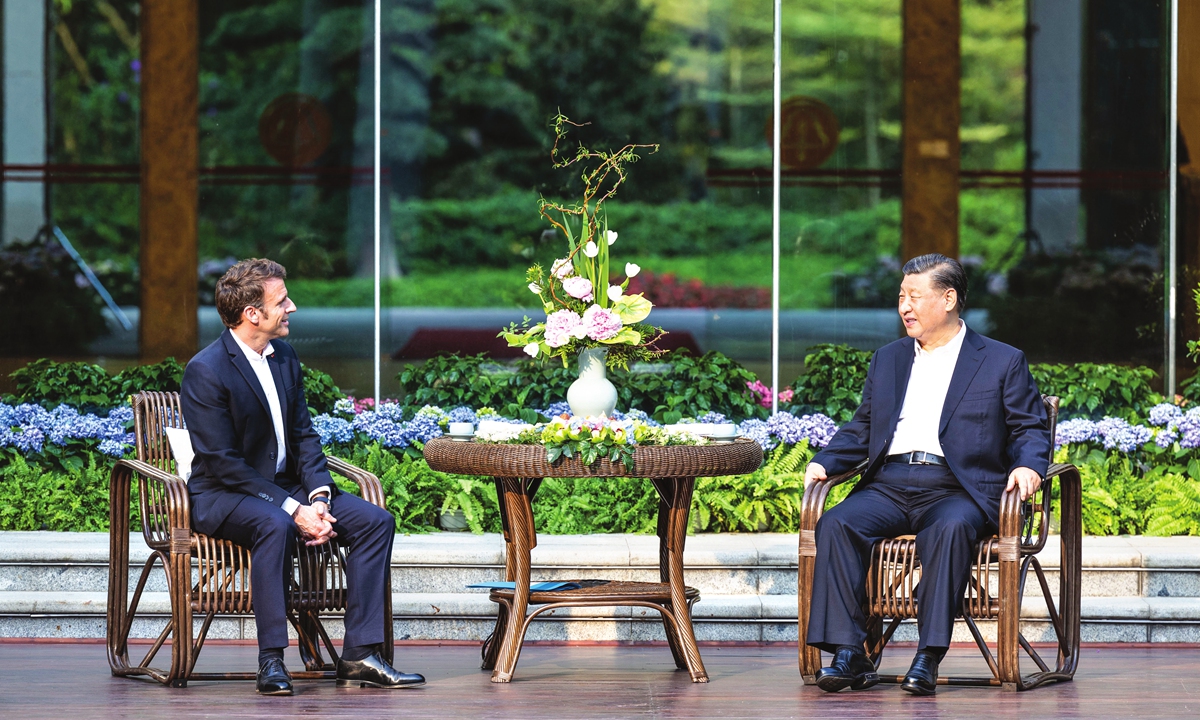How do male Wolbachia-Aedes mosquitoes help suppress dengue mosquito population?
Prof Ooi Eng Eong on using Wolbachia-Aedes mosquitoes to control dengue
Wolbachia mosquitoes have been released in some 39 localities since the “successful” pilot run of a dengue control project in 2017 that significantly reduced cases, according to the Institute for Medical Research (IMR). The IMR, which is the research arm of the Health Ministry, told The Star that the Malaysian Wolbachia project that was launched on March 28, 2017, saw Wolbachia-carrying Aedes mosquitoes being released at 11 dengue hotspots in the Klang Valley. “After one year of release, dengue cases decreased significantly,” it said. IMR said that “after seeing the promising effect of the initial releases and being impressed by the apparent success of the trial”, the Health Ministry’s Disease Control Department, in collaboration with the IMR, has deployed Wolbachia-carrying Aedes to 28 more localities. “The outcomes of this operational programme serve as the basis for future expansion of releases in additional dengue-prone areas. “Malaysia is the first endemic country to use Wolbachia mosquitoes for dengue control. The Health Ministry has established a five-year plan for the release of Wolbachia mosquitoes in dengue hotspots as its rollout programme,” it said. Vector control, consisting of source reduction, chemical control, biological control, and even genetic control, was one of the strategies used to combat Aedes-borne viruses, IMR said. Biological control consists of using Wolbachia mosquitoes and the “sterile insect technique”. “The Malaysian approach is a replacement strategy, where both male and female mosquitoes are released to replace the wild Aedes population in the field,” IMR said. In other words, the “bad” Aedes aegypti mosquitoes are replaced with “good” Aedes aegypti mosquitoes. The female Aedes aegypti mosquitoes carrying Wolbachia prevent the growth of dengue virus in the mosquitoes so that the dengue virus could not be transmitted when mosquitoes bite humans, it added. IMR said the added benefit of the Wolbachia strategy was that it prevented the mosquito from picking up dengue virus from dengue patients who are asymptomatic. “The asymptomatic transmission of dengue virus to mosquitoes through mosquito bites has been known for years, but there has been no solution to prevent it, but with the Wolbachia strategy, the solution is there,” it said. When contacted last month, Health director-general Tan Sri Noor Hisham Abdullah said that analysis had shown that dengue cases had been reduced by 75% to 100% in the 14 localities where the Wolbachia Mosquito Operation (WMO) had been implemented for at least two years. “Nevertheless, ongoing evaluation is required to assess the effectiveness of WMO in reducing dengue cases as well as its impact on averting dengue morbidity and mortality in the long term,” he said. He said the WMO, which was launched in 2019, had also become a novel tool for vector control under the National Dengue Control and Prevention Programme. Since July 2019, 28 high-dengue burden localities in Selangor (10), Kuala Lumpur and Putrajaya (7), Penang (4), Kelantan (2), Johor (2), Pahang (2), and Melaka (1) have been selected to implement WMO in a staggered manner. Wolbachia is a bacterium and a form of biological control that is naturally occurring in 60%-70% of insects, spiders and nematodes. It is usually introduced into Aedes mosquitoes to prevent the transmission of dengue viruses.The Wolbachia bacteria stops the dengue virus from replicating, so the mosquito does not spread the virus when it bites.






























.jpg)












